|
In October 2017, the #MeToo movement made huge waves on social media in North America and around the world. Women began to publicly share their experiences of sexual assault and harassment. It was one of those pivotal moments when everything seemed like it would change. We saw powerful, abusive men removed from their positions; some went to jail.
Looking back, we can be encouraged by the changes that have already occurred, but we can also see how far we still need to go.
To coincide with this week's International Women's Day, we present a collection of stories from the worldwide network of The Conversation that explore the impact of #MeToo globally.
Here in Canada, #MeToo has had a positive impact, including a new law to protect sexual assault survivors in the courts. But Kate Puddister and Danielle McNabb of the University of Guelph warn that laws may change, but the practice and uptake of those laws have not: the culture of courtrooms, with their embedded rape myths, continue to prevent criminal justice for sexual assault survivors.
The series includes eight stories from seven editions that, as series editor Catesby Holmes says, “offer a rare worldwide scan of gender relations in The Conversation’s countries and regions of coverage.”
|
#MeToo Around the World
|
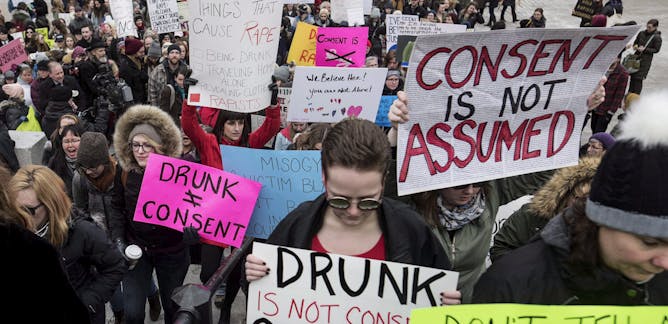
Kate Puddister, University of Guelph; Danielle McNabb, University of Guelph
A new Canadian law introduced as a nod to #MeToo, meant to protect sexual assault complainants, will have limited impact because it fails to consider how sexist judges and lawyers interpret laws.
| |
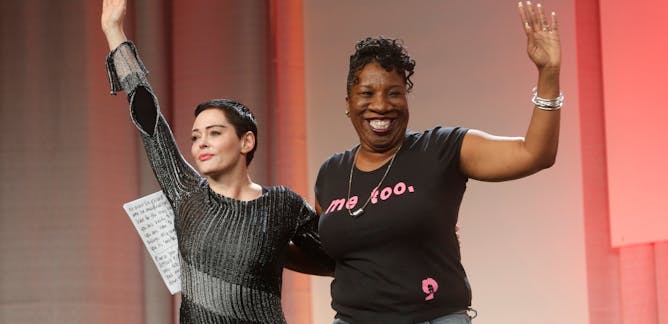
Elizabeth C. Tippett, University of Oregon
Workers are increasingly not keeping their employers' secrets secret, as evidenced by the mass whistleblower event that is the #MeToo movement.
|

Bérengère Stassin, Université de Lorraine
France's #MeToo backlash has revealed just how deeply rooted sexism is in the country. Disguised as flirtation or child's play, sexual harassment begins as early as elementary school.
| |
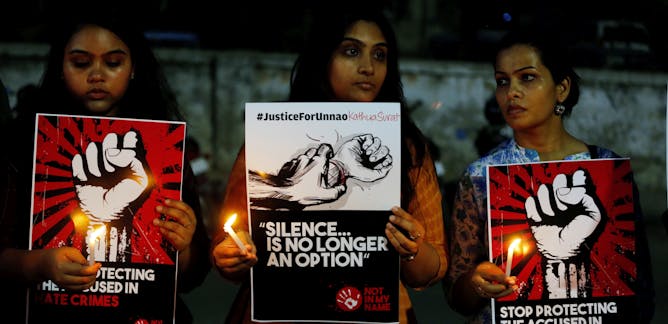
Alka Kurian, University of Washington, Bothell
Women in countries such as India, Pakistan and others have long organized campaigns against sexual violence – many of which have resulted in stronger laws in these countries.
|
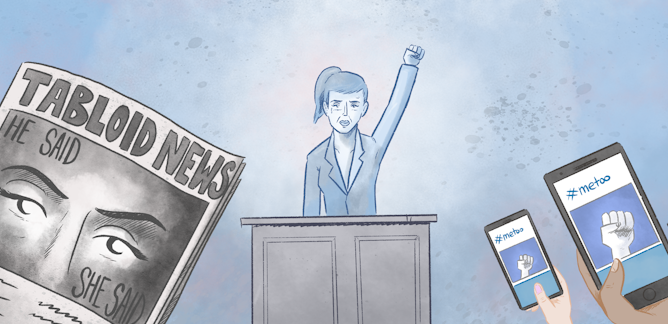
Bianca Fileborn, University of Melbourne; Rachel Loney-Howes, University of Wollongong; Sophie Hindes
The #MeToo movement brought to light the extent of sexual violence in the community, largely through the media. But there is still a long way to go to overturn stereotypes and shut down online abuse.
| |
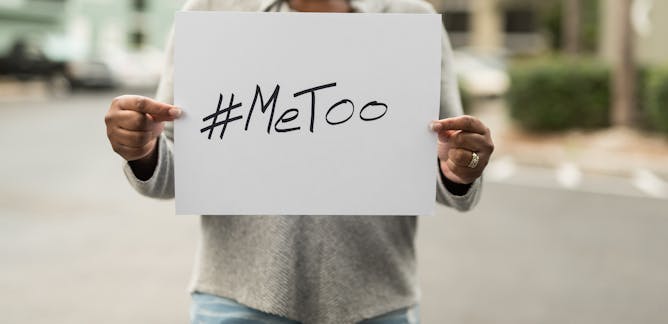
Amanda Gouws, Stellenbosch University
The visibility of #MeToo makes it easy to overlook the very powerful campaigns against sexual violence in Africa.
|
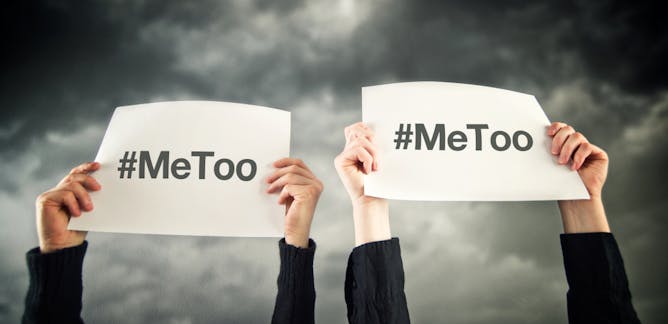
Dyah Ayu Kartika, Pusat Studi Agama dan Demokrasi (PUSAD) Paramadina
A combination of a deep-rooted patriarchal culture, conservative religious values and gender-insensitive law enforcement practices still deters Indonesian women from reporting rape.
| |
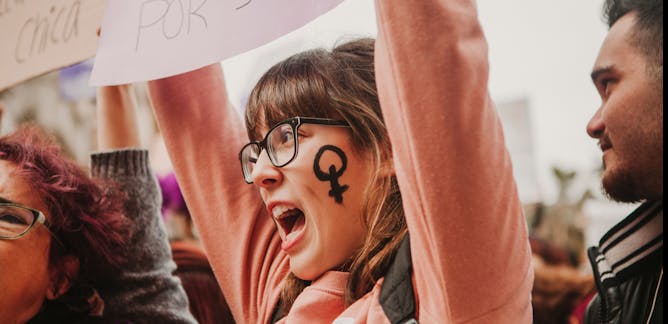
María Soledad Andrés Gómez, Universidad de Alcalá
A brutal rape at Pamplona's 2016 running of the bulls outraged Spain. Then came #MeToo. With ever more Spaniards taking up the feminist mantle, schools – many of which are not coed – lag behind.
|
|
|